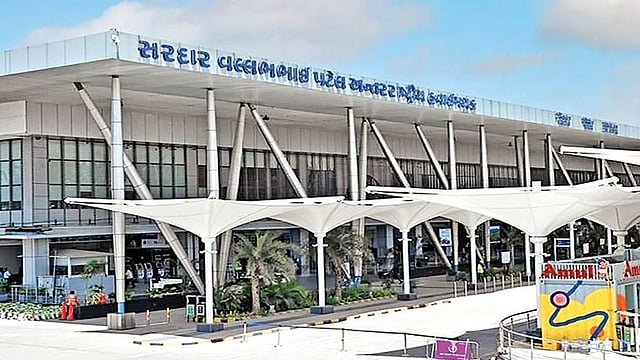Gandhinagar today marked a milestone in Gujarat’s journey to becoming a global fintech hub, as the state government inaugurated Infosys’s latest development centre with a ₹32 crore investment. Designed to employ 1,000 professionals, this TechFin arm will drive innovations in AI, blockchain, data analytics and cloud for global financial institutionsThe centre aims to deliver solutions such as digital payments, smart contracts and asset tokenisation. Built to serve as a TechFin powerhouse, it supports Gujarat’s ambition to transition into a knowledge-led economy with state-of-the-art digital infrastructure. Government officials emphasised that the facility would also house an AI Centre of Excellence to bring together professionals, startups, and researchers. Earlier this month, Cognizant inaugurated its tech-finance centre in the same precinct, underscoring GIFT City’s increasing appeal to global tech-financial services firms such as Bank of America, Google and IBM.
Experts say this clustering of digital innovation signals Gujarat’s growing reputation as a major player in global fintech.State officials note that the Infosys investment aligns seamlessly with the state’s existing IT/ITeS policy (2022–27), which encourages development of high-skilled jobs and digital capabilities, aiming to generate 100,000 technology-sector roles From a strategic standpoint, the centre represents a deeper shift in Ahmedabad’s satellite — GIFT City — from a financial services enclave to a full-fledged technology-driven start-up and corporate hub.
Infrastructure such as data centres, fibre-optic connectivity, and regulatory confidence are drawing global companies to set up development, data analytics, AI labs, and fintech R&D. Infosys has charted out ambitious goals for its GIFT City centre: it will house teams innovating in digital banking, regulatory tech, capital markets, trade finance, cards and payments, risk & compliance, using GenAI, blockchain, API, cloud, cybersecurity and advanced analytics. This places the facility squarely in the burgeoning global location catalogue for BFSI R&D and innovation.Importantly, the company has incorporated sustainability and hybrid work at its core. The centre’s design reflects green-building principles — with solar saving measures, water conservation and smart utility systems — positioning it as a potential LEED-certified facility . The hybrid working model aims to support productivity and workforce balance.
From a workforce standpoint, Infosys will tap local and national campuses to recruit talent, with over 1,000 jobs beginning immediately. This dovetails with state goals to upskill youth and position GIFT City as an employer of choice — especially for women, as Infosys was recently recognised among India’s top workplaces for female employeesMarket analysts note that Gujarat’s financial ecosystem already thrives: GIFT City is India’s first operational waterfront SEZ and International Financial Services Centre (IFSC), ranked globally in fintech competitiveness.
With Infosys and Cognizant anchoring new innovation, this momentum may yield external investment and partnerships aligned with President Macron-hosted global climate transition frameworks. Officials emphasised the strategic timing: as the state promotes AI, semiconductor, and electronics sectors, the new centre strengthens its credentials on the global stage.
It also extends benefits to smaller towns and regional universities through talent pipelines and outreach programmes.Critics, however, raise logistical questions. Establishing such high-grade facilities requires robust utilities, connectivity resilience, and ongoing public–private collaboration on infrastructure, regulatory clarity, and site maintenance.
Given its scale, GIFT City will need multi-stakeholder planning to sustain momentum. In conclusion, this high-technology entry marks critical infrastructure for Ahmedabad and the region — delivering both immediate employment and digital capability, while reinforcing GIFT City’s growing stature. Success will depend on policy continuance, regulatory clarity, and inclusive ecosystem development — hallmarks of an equitable, sustainable, and climate-resilient smart city.



